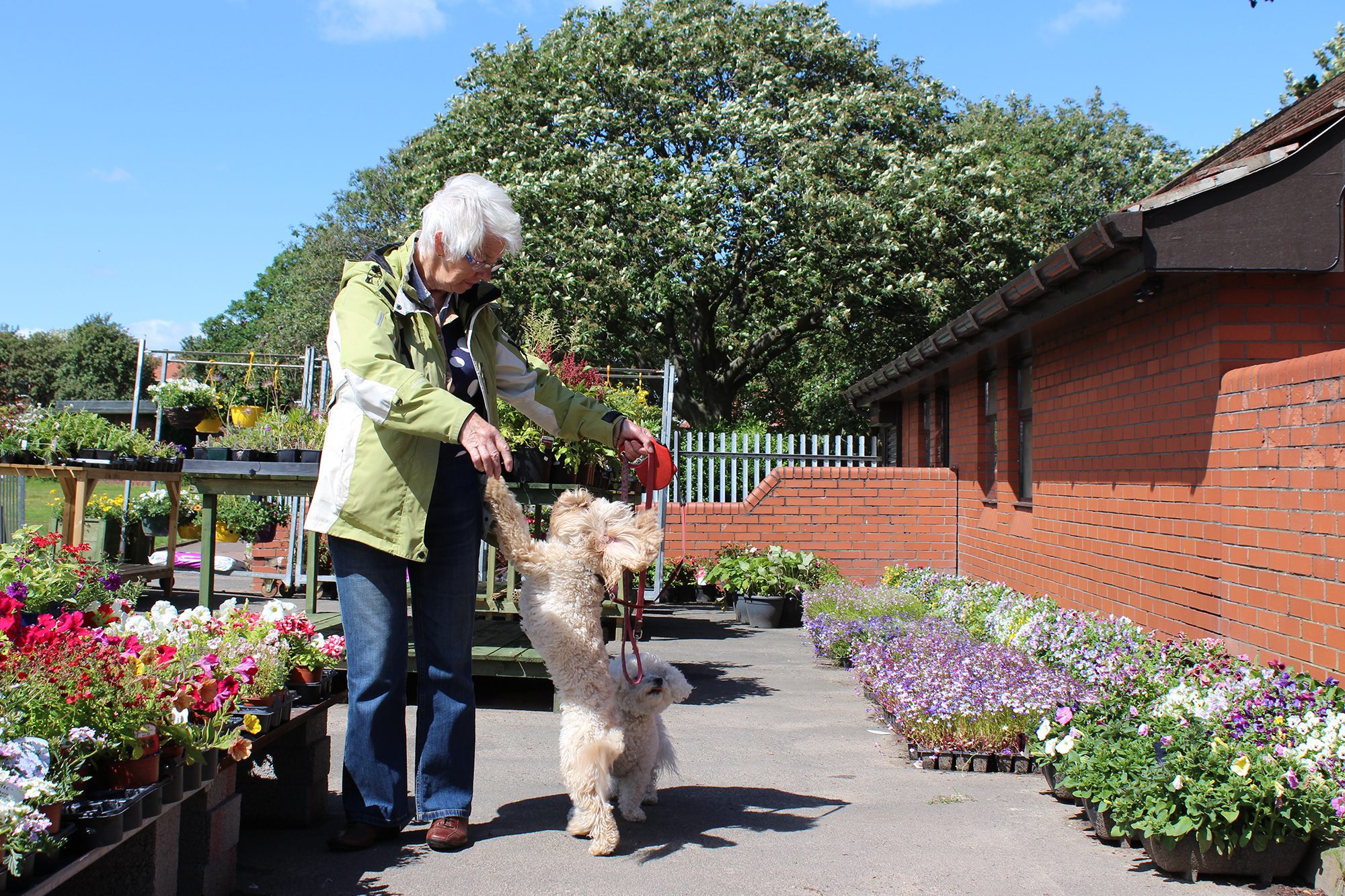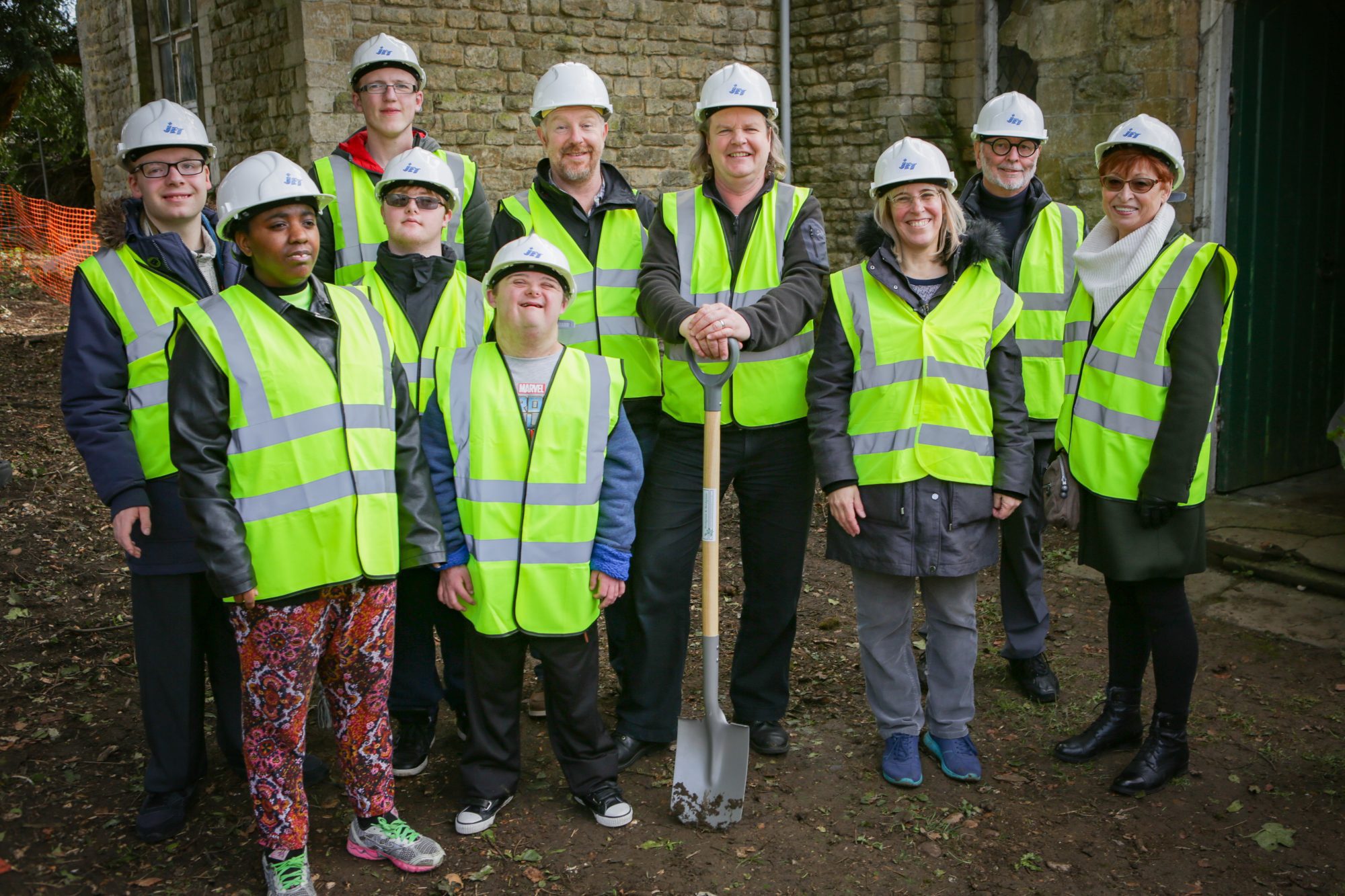
Nick Plumb
Associate Director for Policy and Insight
Party conferences are strange things at the best of times. The country’s most politics-obsessed people in one place discussing the finer points of economic policy and political strategy. This year, at Labour conference, things felt more intense than usual. In part this was due to the weather. Torrential rain was non-stop on Sunday and Monday, when the bulk of conference activity takes place. This meant thousands of wet delegates crammed into small rooms.
It was also the first Labour conference in 15 years with the party in power. The feeling of people and organisations jostling for power and influence was everywhere. At the same time, the government has had a difficult start, with rows over cuts to the winter fuel payment, political donations and personalities in the Number 10 operation dominating the media coverage in the run up to conference. So the whole thing was underpinned by a strange vibe – relieved yet nervous, hope mixed with unrest.
Devolution beyond the town hall
There were lots of bright spots particularly from a community business perspective. Across the conference, Power to Change staff and community business leaders shared a platform with key Ministers relevant to our work. Alongside the Co-operative Party we discussed the community ownership agenda with Jim McMahon, Minister for Local Government and English Devolution. He made the point that the English Devolution Bill (which we’re expecting next year) represents a huge opportunity.
Mr McMahon said, “the English Devolution Bill isn’t just about power to combined and local authorities. It’s about a top to bottom redistribution of power into communities and neighbourhoods.” This was music to our ears, and the wider community power movement.
Through the We’re Right Here campaign, we’re planning lots of engagement with the Bill when it comes to parliament. We want to ensure it is as expansive as possible – with new community rights covering spaces, services and investment. It sounds like we have a Minister that will be receptive to that message.

Caption: Gareth Thomas MP, Jess Craig (Power to Change), and Deana Bamford (Coalville C.A.N).
Community growth and ownership
The Minister also argued that, “the last government didn’t get that community and growth are inextricably linked. We do”. This was as part of discussions about community ownership. Labour has committed to a Community Right to Buy (something we and partners have long been pushing for) and explored the funding and support that needs to sit alongside this new right.
Indeed, we have just published work on the steps government needs to ensure the new Right is successful and shared many of its findings with Ministers over the course of conference.
So, it’s great to hear that the new government is connecting the dots between community empowerment and growth, as community businesses have been doing for years. It’s excellent to know that that government is thinking about how community ownership can form a core part of their agenda this parliament.
Despite this, there is still uncertainty over the fate of current Community Ownership Fund (COF) applications, many of which have been stuck in limbo due to the general election and the change of government. The Ministry of Housing, Communities and Local Government is currently undertaking an assessment of all funding that sat under the ‘levelling up’ banner. We are seeking clarity on what this means for COF as a matter of priority.

Caption: The speaker panel at the ‘Delivering missions‘ event: Sally-Anne Watkiss (Chair, Homebaked Bakery), Liam Kelly (Chief Executive, Make CIC), Erika Rushton (Programme Director, Kindred LCR), Alex Norris MP, and Tim Davies-Pugh (Chief Executive, Power to Change).
Labour’s economic inheritance and what this means
Another undercurrent at conference was the economic situation we find ourselves in. The Labour Party has spent lots of time trying to paint a picture of economic doom and gloom, which they are trying to pin on the previous government. This, in turn, has a knock on effect for the communities agenda. Good funding and support for community ownership costs money, and there will be battles ahead to ensure this is prioritised. Equally, with local government finances under lots of pressure (many have filed for de facto bankruptcy in recent years) there are question marks in some debates over their capacity to work closely with communities. We will be making the case that this isn’t a zero-sum game.
“A community power moment. Let’s grasp it together”
All in all, though, this was a conference full of optimism for our work, which I felt most keenly at our Tuesday lunchtime event coordinated so expertly by my colleague, Jess Craig. We took Alex Norris, Minister for Democracy and Local Growth, and Gareth Thomas, Small Business Minister, beyond the conference bubble to Baltic Creative. Baltic is an inspiring community business, focused on creative co-working space, which has been a major player in the regeneration of the Baltic Triangle warehouse district.
Our Ministerial duo had the chance to hear from Baltic and other amazing community businesses from Liverpool City Region and beyond. The no-nonsense, getting things done attitude to driving change in their neighbourhoods exhibited by our communities left a palpable impact. Alex Norris, in particular, who has been a long-time champion and ally, left us with a message I hope we can all take on board. “Now is a community power, a community ownership, moment. I’m looking forward to working with all of you to make the most of it.” Providing support to the government where appropriate, and challenge when necessary so we really do make the most of it. Let’s get going.



